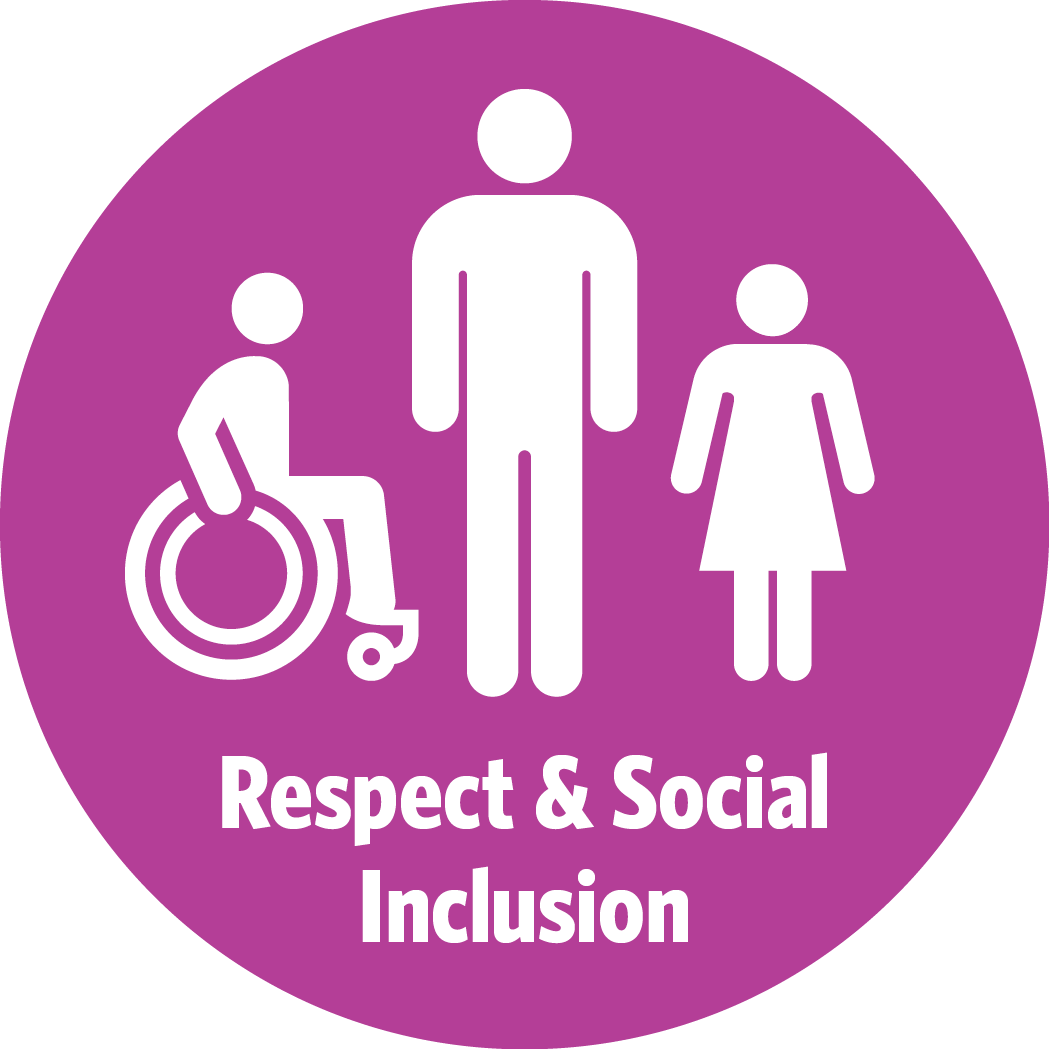AARP Hearing Center

When West Sacramento resident Charlotte Dorsey learned late in 2014 that a local low-cost bus service for older adults was in danger of losing its funding, she decided to help organize her neighbors to save the shuttle.
“Everybody was complaining about it,” said Dorsey, a West Sacramento community activist who serves on the Area 4 Agency on Aging advisory council and the Yolo (County) Healthy Aging Alliance.
But nobody knew what to do until Dorsey rallied them to speak up at a city council meeting.
“I feel it’s important that the experience of people’s lives can be communicated,” said Dorsey, who gives her age as “over 65.” “I certainly have felt the attitude of people who don’t know how to talk to seniors and who leave them out of the conversation or consider their opinions less viable.
“But I still have a brain. I still have things to say. It’s important that seniors be heard and listened to and acknowledged, and it’s important that their opinions be folded into the decisions made in the community.”
In a livable community, older voices are heard, included and respected -- and older people contribute to the ongoing conversation that shapes life around them as well as their own lives.
Too often, the opposite occurs. Despite the widespread cliches about the wisdom of age, society often discounts the opinions, preferences and experiences of its elders. A result can be what researchers call “elderspeak” -- the simplified and condescending communication style that some younger people use to speak to older adults. While often unintentional, such treatment can contribute to feelings of social exclusion and isolation among elders.
LGBT seniors are particularly vulnerable to becoming isolated. When they downsize from their longtime neighborhoods into senior care, older gay and lesbian adults can lose their sense of community – and even be forced back into the closet says Tripp Mills, deputy director of senior services for the Los Angeles LGBT Center.
“That’s their biggest fear,” said Mills, whose programs attract 1,500 participants. “Much may change for future generations, but right now, partners will be split up between different nursing facilities.
“The thing that speaks to me the most is that deep sense of isolation LGBT seniors can feel. Our response is to give them a voice. That’s part of what we’re doing here. We’re recognizing the Stonewall generation in a new way. We want to empower our seniors to have a voice.”
One practical solution: Gay-friendly senior living facilities -- such as Stonewall Gardens in Palm Springs, Belmont Village in West Hollywood and a proposed affordable housing community for older LGBT adults in Sacramento -- can help fill the gap in providing a supportive community for gays and lesbians as they age.
Including the voices of older adults also means understanding the need to bridge differences in culture and language that can leave them unheard.
“Language and cultural barriers may leave people uncomfortable with asking for help,” said Amy Phillips, director of senior services at Los Angeles’ Little Tokyo Service Center. “In certain cultures where there are values of taking care of your own, it’s even harder to ask for help. Japanese, Chinese and Korean seniors will say they tried their local senior center, but nobody speaks their language or understands what they need.”
In other cases, she said, Muslim seniors who observe religious dietary customs may not know that they can make their preferences known to meals providers at seniors centers.
“When we talk about creating more livable communities,” said Phillips, “that means a more inclusive community where the needs of all members of the community are considered.”
In San Jose, one innovative way that’s happening is through San Jose State University’s Project SHINE (Students Helping in the Naturalization of Elders), which each semester connects about 90 students with older adults in the local immigrant community. Part of a national network of close to 20 participating universities, the program helps non-English speaking elders brush up on their language skills and prepare for their citizenship tests.
But it does more, too.
“It’s a cool thing,” said Dianne Jardinez, Project SHINE’s program manager, who volunteered with the program when she was a student. “I felt I gained a bonding relationship and learned more about them, instead of just volunteering.
“I have more respect for our older immigrants now.”
This is the fifth in a series of blogs talking about what it means to create a livable community. Find out more on AARP’s Livability page. You can also see what we are doing in California by following us on Facebook or Twitter.
Anita Creamer is a freelance writer based in Sacramento and a veteran newspaper and magazine reporter who most recently covered aging issues for The Sacramento Bee. You can reach her on Twitter @AnitaCreamer .































































